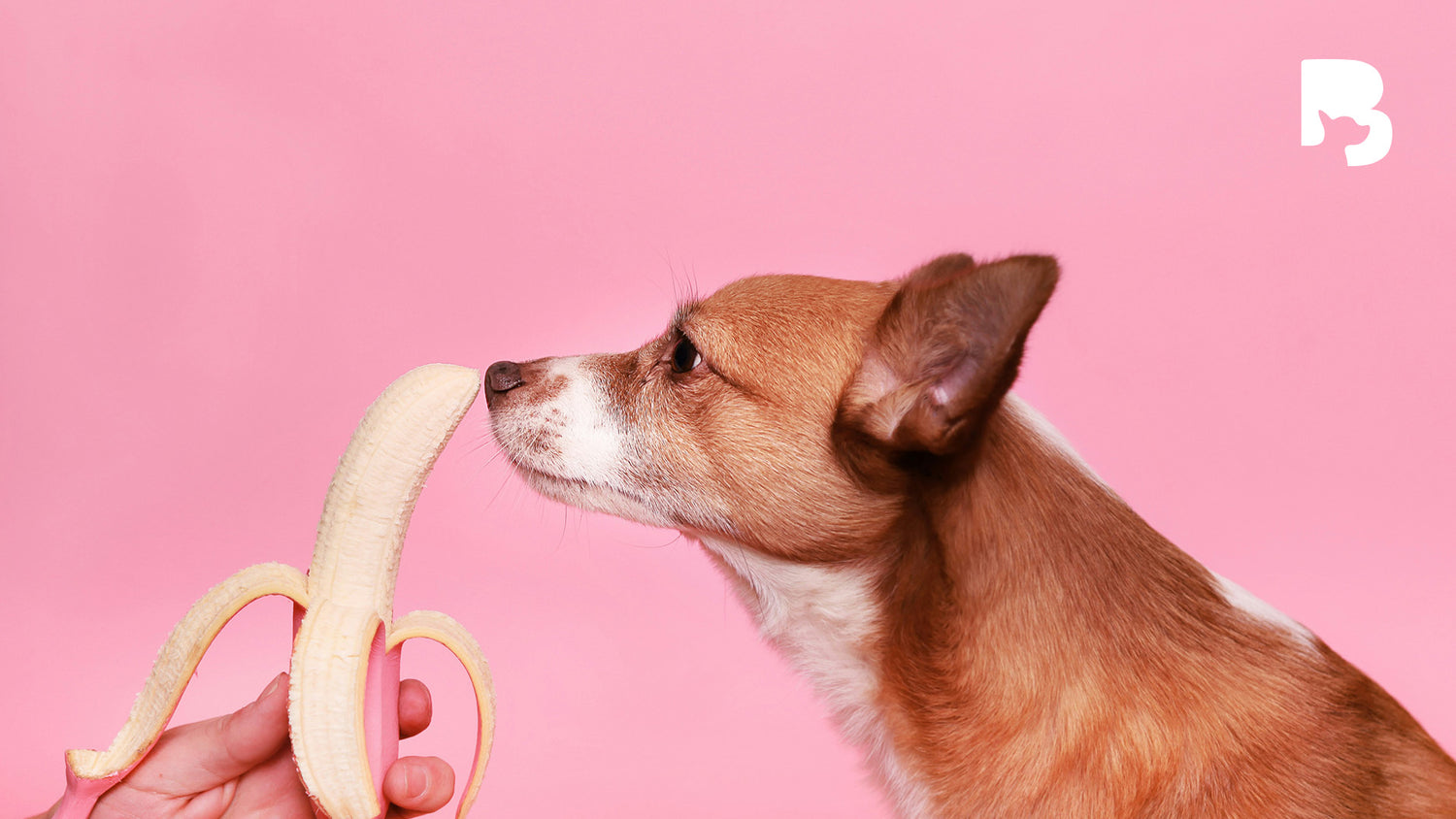We adore our furry companions – they're members of the family! It's natural to want to share snacks or a little something from our plates. But before you give your pup a bite, remember that some human foods are downright dangerous to dogs.
Here are 10 of the most common culprits that can cause serious health problems for your four-legged friend:
1) Chocolate
This one's a classic for a reason. Chocolate contains theobromine, which dogs can't metabolize the way we can. Even small amounts of chocolate can lead to vomiting, diarrhea, tremors, and even seizures. Dark chocolate is especially dangerous.2) Grapes and Raisins
These seemingly harmless fruits can cause kidney failure in dogs. The exact reason remains a bit of a mystery, but even a tiny handful of grapes or raisins can make a dog very ill.3) Onions and Garlic
Garlic, onions, chives, and leeks belong to the allium family, which damages dog red blood cells. Repeated exposure, even in small doses, can cause anemia.4) Avocado
Avocado contains a toxin called persin. While safe for humans, persin can cause vomiting, diarrhea, and congestion in dogs.5) Macadamia Nuts
These nuts can cause a range of nasty symptoms in dogs, including weakness, vomiting, tremors, and fever.6) Xylitol
This artificial sweetener is found in all sorts of things – sugar-free gum, baked goods, even some kinds of peanut butter! Xylitol causes a dangerous drop in blood sugar and can lead to liver failure in dogs.7) Alcohol
Even tiny amounts of alcohol are significantly more toxic to dogs than to humans. It affects their brains and livers and can cause severe illness or even death.8) Fatty Meats and Bones
Fatty Meats and Bones: Fatty table scraps can trigger pancreatitis, a painful inflammation of the pancreas. Cooked bones also pose a serious risk, as they can splinter and cause choking or blockages.9) Salty Snacks
Just like in humans, too much salt isn't good for dogs. But an overdose of chips or pretzels can cause excessive thirst, vomiting, or even sodium ion poisoning, which can be fatal.10) Yeast Dough
Raw dough ferments in a dog's stomach, releasing gas that creates painful bloating. Even worse, the yeast produces alcohol, creating a risk of alcohol poisoning.
What if my dog ate something toxic?
If you think your dog has eaten something harmful, it's vital to act quickly. Contact your veterinarian or the Pet Poison Hotline immediately for assistance. Don't attempt to make your dog throw up without checking with a professional, as this can sometimes be more dangerous than leaving the substance in their system.
Keep those snacks safe!
Remember, the foods on this list are just the tip of the iceberg. Do your research before feeding your furry friend anything new. A happy, healthy dog is one who sticks to dog food and safe treats!
Photo by Alex Gruber on Unsplash



